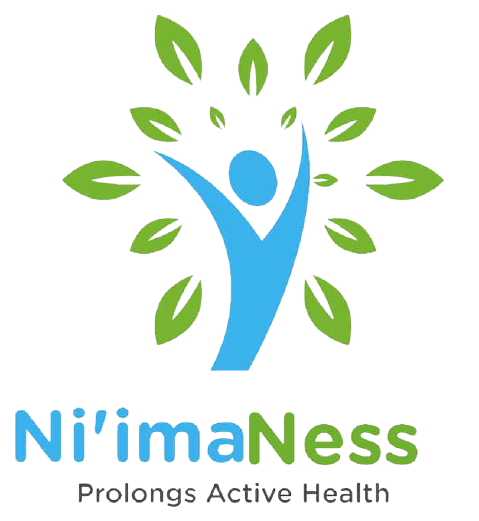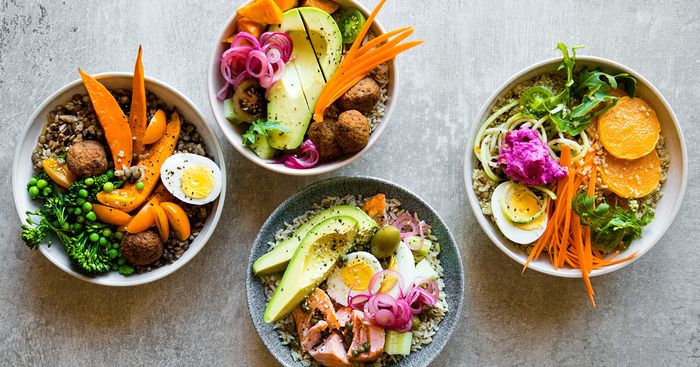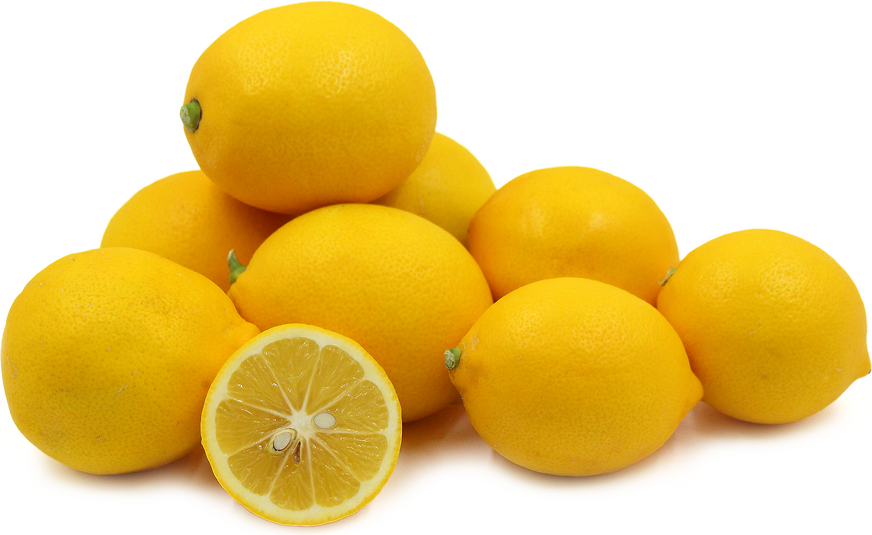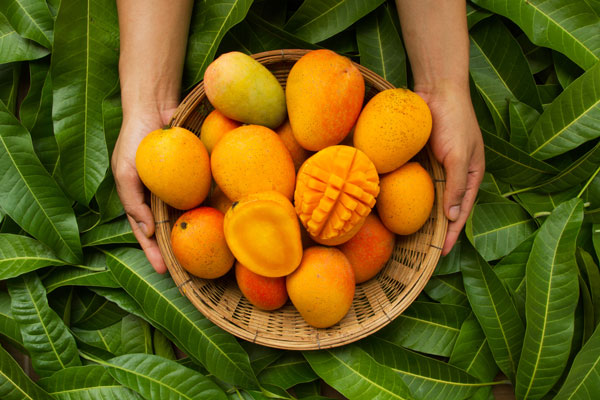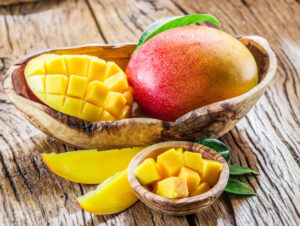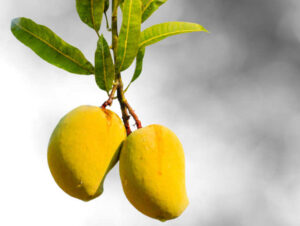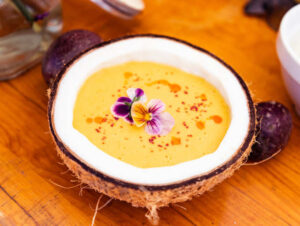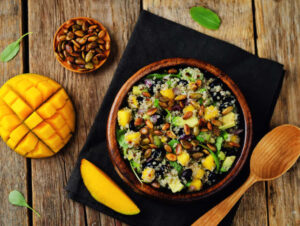
WHAT ARE THE BEST ANTI-AGING FOODS?
We’ve all heard the advice to eat properly for a long and healthy life, but what are the greatest foods to help us achieve that goal? In this article, we’ll go through some of the healthiest and most nutritious foods.

person with a shopping bag
What are the healthiest foods to include in your diet? We look into it.
According to official statistics, the Principality of Monaco, Japan, and Singapore are now the top three countries in the world with the highest life expectancy. These are regions where residents enjoy a good quality of life, and eating healthy meals is a key part of that.
In the media, “superfoods” – foods with such great nutritional content that they are regarded as dietary superheroes – are frequently praised.
Nutritionists dismiss the phrase “superfoods” as a marketing ploy that may lead people to place unrealistic expectations on a small number of foods when, in reality, a balanced diet and healthy lifestyle take more effort than simply eating your five-a-day.
Still, some meals are more nutritious than others, and several have been proved in studies to have a preventive impact against a variety of ailments. Here, we’ll give you a rundown of some of the best foods to include in your diet as part of your search for a happy, healthy life.
Edamame is a type of edamame that (soybeans)
Edamame, or fresh soybeans, has long been a mainstay of Asian cuisine, but they have recently gained favor in the Western world. Soybeans are commonly offered in snack packs, but they’re also used in a wide range of cuisines, from soups to rice-based dinners, and they’re also eaten raw or cooked and seasoned.

goods made from tofu, edamame, and soy Isoflavones, which are abundant in edamame and tofu, may have anti-cancer properties.
Isoflavones, a form of phytoestrogen (plant-derived estrogen-like chemicals), are abundant in the beans. Anti-inflammatory, antioxidant, anti-cancer, and antibacterial activities have all been linked to isoflavones.
As a result, they may aid in regulating the body’s inflammatory response, slowing cellular aging, fighting microorganisms, and maybe protecting against some types of cancer.
Edamame are particularly high in two types of isoflavones: genistein and daidzein. Last year, Medical News Today reported on a study that suggested genistein could help with breast cancer treatment.
Meanwhile, the authors of the study state that “lifetime intake of soy […] has been related to a lower risk of breast cancer,” suggesting that we should incorporate soybeans in our regular diet.
Tofu is a type of tofu that is (soybean curd)
For the same reasons, tofu, a white cheese-like substance manufactured from soybean curds, has been linked to a slew of health advantages. Tofu can be fried, baked, or boiled and is frequently used in traditional Eastern Asian recipes (for instance, in soups).
It’s high in isoflavones, which have health benefits that we’ve discussed; it’s also a wonderful source of protein, with all of the key amino acids that our bodies require to synthesize protein.
It’s also high in minerals, which our bodies require to maintain our teeth and bones strong and healthy, as well as to generate energy. Calcium, iron, manganese, selenium, phosphorus, magnesium, zinc, and copper are all found in tofu.
According to some experts, tofu might help you feel satiated for longer, so include it in your meals can help you avoid overeating.
Visit our dedicated site for more evidence-based information and resources on healthy aging.
Carrots
This common culinary item, best recognized in its orange variation, is well-known for its high amount of beta-carotene, the pigment — and carotenoid — that gives this root vegetable its color.

carrots of several types
Carrots can help safeguard your eyesight as you become older.
Our bodies can convert beta-carotene into vitamin A, which is “involved in immunological function, eyesight, reproduction, and cellular communication,” according to the National Institutes of Health (NIH). Because our bodies are unable to synthesize vitamin A on their own, we must obtain it from our diet.
This pigment is also an antioxidant, which means it can protect our cells from the aging effects of free radicals.
Furthermore, studies have indicated that foods high in carotenoids, such as carrots, can protect against age-related macular degeneration, a kind of visual loss caused by aging.
Some carrot cultivars, such as white carrots, lack the orange pigment beta-carotene, but they all contain falcarinol, a nutrient that has been linked to cancer prevention in some studies.
While raw carrots are optimal for health because they retain their nutrients, there are ways to prepare carrots that maintain the majority of their benefits.
In an interview, Kirsten Brandt of Newcastle University in the United Kingdom, who examined the anti-cancer impact of falcarinol from carrots, says that if we want our carrots cooked but still bursting with nutrients, we could boil them whole.
“By chopping your carrots, you increase their surface area, allowing more nutrients to leak out into the water while they cook. By keeping them whole and then slicing them up, you maintain the nutrients and flavor in the carrot, making it healthier all around.”
Cruciferous veggies are cruciferous vegetables.
Cruciferous vegetables, commonly known as “Brassica vegetables,” are a group of green vegetables that includes cabbage, broccoli, Brussels sprouts, cauliflower, bok choy, radish, and kale.

cruciferous veggie basket
Cruciferous veggies provide a long list of health advantages.
Many vitamins (C, E, K, and folate), minerals (potassium, calcium, and selenium), and carotenoids can be found in abundance in these veggies (lutein, beta-carotene, and zeaxanthin).
Glucosinolates, the compounds that give these greens their distinctive pungent flavor, are also found in cruciferous vegetables. These compounds have been discovered to provide a wide range of health benefits.
Several glucosinolates appear to regulate the body’s stress and inflammation responses; they have antibacterial capabilities, and some are being studied for anti-cancer qualities.
Leafy greens, especially several cruciferous vegetables like kale and collard greens, were found to aid reduce cognitive deterioration in a recent study reported on MNT. As a result, according to the researchers, “adding a daily serving of green, leafy vegetables to your diet may be an easy method to encourage your brain health.”
The vitamin K level of kale, broccoli, and cabbage has also been found to have a protective effect on heart health.
Finally, cruciferous vegetables are high in soluble fiber, which aids in weight loss by controlling blood sugar levels and decreasing fat absorption.
Salmon
Recent research suggests that eating meat — primarily red meat, but also some types of chicken meat — may be hazardous to human health over time. Fish, particularly salmon, is a decent protein substitute in this case.

Salmon, according to studies, may help to protect cognitive health.
Salmon is high in protein and omega-3 fatty acids, both of which are thought to be good for your eyesight. Omega-3 has been shown in studies to protect against dry-eye syndrome, which is defined by insufficient lubrication of the eyes, resulting in pain and blurred vision.
Furthermore, omega-3 fatty acids have been linked to brain health, and evidence suggests that they may help to prevent cognitive loss as people age.
Salmon also contains a lot of potassium, which, according to a new study revealed on MNT last autumn, can help prevent heart disease.
Furthermore, this type of fish is high in the mineral selenium, which is beneficial to thyroid gland health. The thyroid gland is engaged in metabolic processes and serves to control hormonal activity.
Although both farmed and wild salmon are available on the market, it has been shown that wild salmon is more nutritious overall, with a greater protein content and less saturated fat, making it healthier and better for weight control.
Farmed salmon, on the other hand, is a more sustainable resource, and experts suggest the distinctions between farmed and wild caught salmon may not be significant enough to make us choose one over the other.
Fruits of the citrus family
Finally, citrus fruits are the hidden heroes of a healthy diet; these fruits include oranges, grapefruit, lemons, limes, clementines, mandarins, and tangerines, which are now available globally.

A citrus fruit basket.
Citrus fruits contain flavonoids, which have been linked to longer lifespans.
Citrus fruits have long been advised by nutritionists and grandmothers for their high vitamin C content, which has antioxidant characteristics and is thought to provide a wide range of health benefits, including the reduction of inflammatory damage and the prevention of infections.
However, experts point out that the nutritional value of this variety of fruit extends much beyond only vitamin C.
“The fruits are high in sugars, dietary fiber, potassium, folate, calcium, thiamin, niacin, vitamin B-6, phosphorus, magnesium, copper, riboflavin, and pantothenic acid, among other macronutrients.”
If this list of health benefits isn’t enough to pique your interest, the experts go on to describe how citrus fruits contain even more organic components, such as flavonoids, coumarins, and carotenoids, which have been linked to cancer, cardiovascular disease, and neurodegenerative disease protection.
Flavonoids, which are abundant in citrus fruits, have been found in studies to “prevent or delay chronic diseases caused by obesity.”
Flavonoids have also gotten a lot of interest from scientists because of their anti-cancer properties.
Consumption of citrus fruits, particularly flavonoid-rich citrus fruits, has been linked to a significantly longer lifetime, according to Trusted Source.
The people of Okinawa, a Japanese prefecture recognized for having some of the world’s longest-living populations, eat shikuwasa, also known as “shequasar,” a citrus fruit native to the region that contains more flavonoids than most other citrus fruits.
Drinking flavonoid-rich shikuwasa juice has also been related to improved liver function.
Although many of the foods stated above have major health benefits, we must remember that happiness and longevity are impossible to obtain without a well-balanced, inclusive diet and a healthy lifestyle.
Furthermore, recent research suggests that our genetic composition may play a role in determining which foods are optimal for our health. So, keeping our list of healthy foods in mind, make sure you stick to the diet that works best for you!
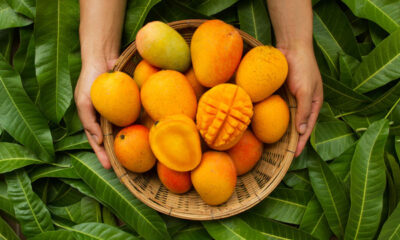
 Diet4 years ago
Diet4 years ago
 Home Remedies4 years ago
Home Remedies4 years ago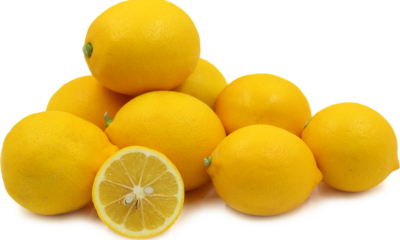
 Diet4 years ago
Diet4 years ago